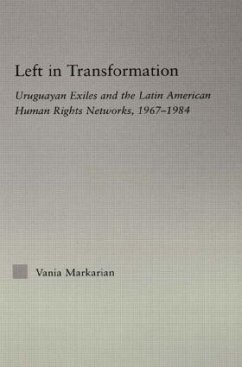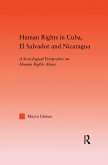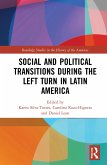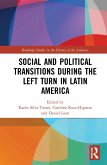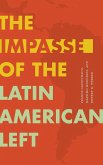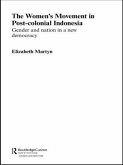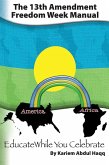This book takes an innovative look at international relations. Focusing on the worldwide campaign against abuses by the right-wing authoritarian regime in Uruguay (1973-1984), it explores how norms and ideas interact with political interests, both global and domestic. It examines joint actions by differently-motivated actors such as the leftist activists who had to flee Uruguay in these years, the Organization of American States, The United Nations, Amnesty International, and the United States. It traces language and procedures for making their claims. The chief goal, however, is to peruse the specific reasons that led these actors to endorse the central core of liberal rights that gave foundation to this system. A close examination of the available documents shows that even as they joined efforts to protest abuses, they were still pursuing their individual agendas, which is often overlooked in the existing scholarship on human rights transnational activism. The book pays special attention to the Uruguayan exiles, analyzing why and how leftist activists and leaders adopted the human rights language, which had so far been used to attack communism in the context of the Cold War.
Hinweis: Dieser Artikel kann nur an eine deutsche Lieferadresse ausgeliefert werden.
Hinweis: Dieser Artikel kann nur an eine deutsche Lieferadresse ausgeliefert werden.

